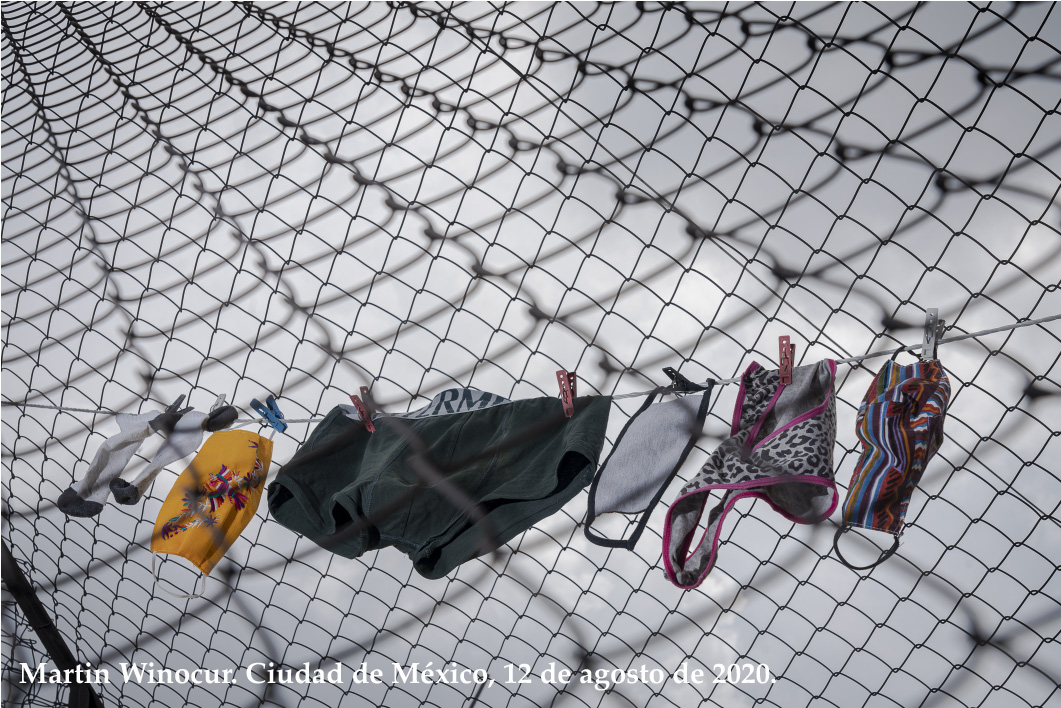home » Ana Josefina Cuevas Hernández
Ana Josefina Cuevas Hernández D. in Sociology from the University of Essex. Professor and researcher at the Faculty of Letters and Communication of the University of Colima. National researcher at the i.
Realidades socioculturales
Vol 5 No 9 (2022)

Married Life, Gender and Care in the Couple in Times of COVID-19 in the Metropolitan Areas of Colima and Guadalajara, Mexico
- Ana Gabriel Castillo Sánchez
- Ana Josefina Cuevas Hernández
- Rocio Enriquez Rosas
In the face of the covid-19 pandemic, the World Health Organization (who) recommended social distancing as a measure to slow the speed of spread of the sars-cov-2 virus. One of the consequences of this measure was the closure of educational centers and a significant increase in telecommuting (eclac, 2020c). Home confinement may be generating situations of tension, negotiation and conflict in the sphere of intimacy, which, associated with the uncertainty resulting from the pandemic, need to be identified and analyzed in order to generate pertinent and timely knowledge in the face of an unprecedented problem that goes beyond the field of health and confronts the daily life of our populations. Given this scenario, a virtual survey was applied during the first week of May 2020 by means of Google Forms in the Metropolitan Area of Guadalajara (amg) and in the Metropolitan Zone of Colima (zmc) with the objective of finding out how the dimensions of conjugality, gender roles and mutual care in heterosexual couples have been disrupted in the field of intimacy during the confinement caused by the covid-19 pandemic. The research allows us to conclude that intimacy in the heterosexual couples surveyed shows that married couples and those who had relationships of more than 10 years of cohabitation experienced conflicts but did not consider divorce or separation as a way out, as singles did in a higher proportion, and singles who did not cohabit -particularly those in the MCZ- were the most affected by confinement and had more traditional arrangements than the same group in the AMG, and that both men and women considered that communication with their partners, having common interests and objectives, and falling out of love were key elements that affected marital intimacy. On the other hand, the findings show that gender roles continue to be in both cities one of the spheres of private and public life that are used in emerging and pressing situations such as the one derived from the pandemic, situations that are impossible to avoid and that have a direct impact on the conditions of equality between women and men. Finally, with regard to mutual care within the couple, the reproduction of material/economic care by the male partner on the one hand and, on the other, a feminization of emotional care and health care by women stand out. However, among young couples there are interesting trends towards greater involvement of both women and men in emotional and health care tasks in times of confinement.






